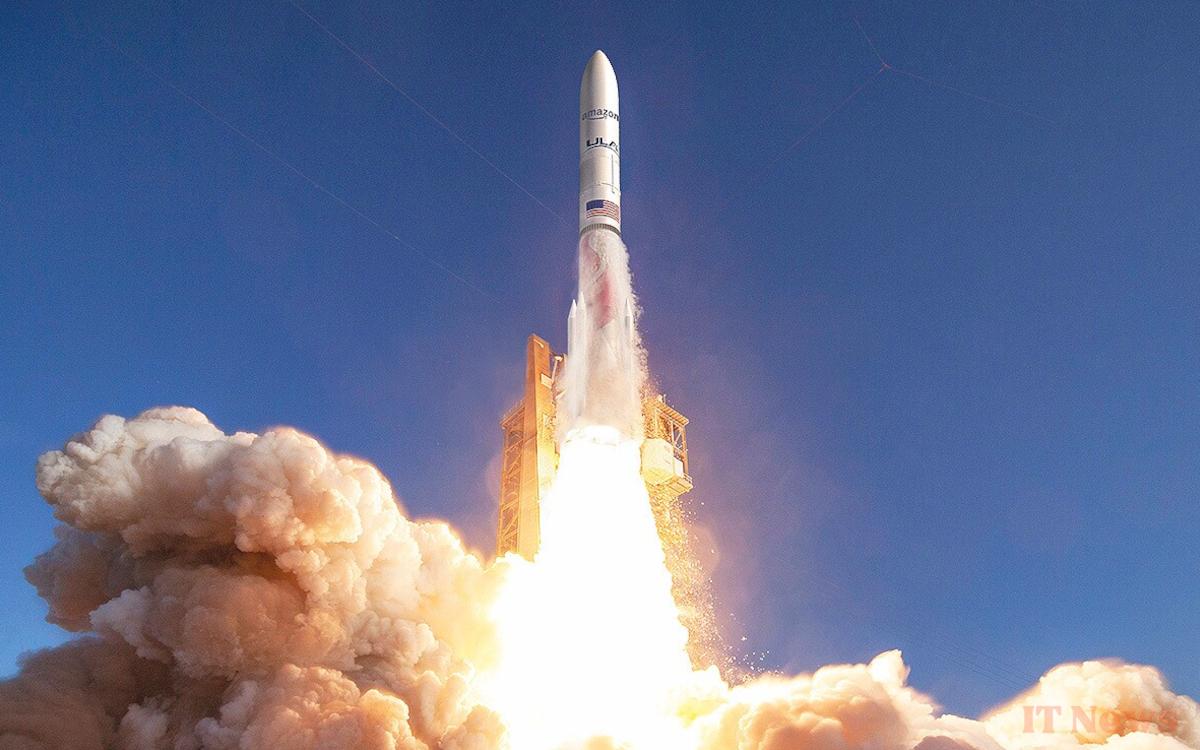Amazon no longer wants to leave the monopoly on space-based internet to Elon Musk. The group is launching its own satellite network to cover the planet. The first launch is scheduled for a few days.
For several years, SpaceX has dominated the satellite internet market thanks to its Starlink service. With more than 7,000 satellites in low orbit, Elon Musk's company already covers a large part of the planet. But a new major player is about to enter the race. Amazon is launching an ambitious project called Project Kuiper, with a clear promise: to provide fast and accessible internet connection everywhere in the world.
The launch of the first batch of satellites is scheduled for April 9 2025 from Cape Canaveral Station in Florida. Amazon will launch 27 satellites using an Atlas V rocket, as part of the KA-01 mission. This is just the beginning: the company has planned 80 launches in total to deploy more than 3,200 satellites. These devices will be placed at an altitude of 630 kilometers and will travel at more than 27,000 km/h, completing one orbit of the Earth in 90 minutes.
Amazon promises fast internet access thanks to affordable terminals
To access the Kuiper network, users will need to use a dedicated antenna. Amazon has designed several types of terminals suitable for mobile, residential, and professional uses. The smallest model, the size of a book, can reach 100 Mb/s. More powerful versions will go up to 1 Gb/s. The announced price remains reasonable: less than $400 (around 350 euros) per unit, with the possibility of a subsidy to make them more attractive compared to Starlink.
Amazon hopes to offer its service by the end of the year. The massive deployment planned for the coming months could allow for near-global coverage. Unlike its prototypes launched in 2023, this launch will include for the first time satellites ready for commercial use. They are also covered with a special coating intended to limit light pollution for astronomers. The group acknowledges that this is a one-off test. large scale, with an element of risk, but assures that it has all the elements in hand to make Project Kuiper a serious competitor to Starlink.





0 Comments